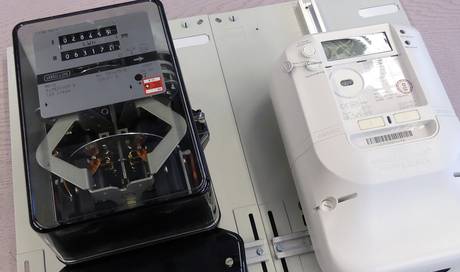The announcement was to be made in the morning to diplomats: visitors are no longer accepted in UN buildings from Tuesday evening 10, learned The world, to try to stop the spread of the coronavirus epidemic, and this while the State of New York has declared a state of emergency for three days.
On Monday, the New York headquarters said it had launched the “preparatory” phase of its emergency plan. A few hours later, the 15 members of the Security Council tested a teleworking device which should allow them to meet, and possibly vote remotely on resolutions and other declarations, in the event of force majeure. If it were to be used, it would be a first since the said Council has never been prevented from coming together in its seventy-five years of existence.
The 193 member countries were to meet Tuesday morning under the aegis of the President of the General Assembly, where they should be advised to work “three days out of five at home, and two days in UN premises”. The goal is to semi-permanently reach “50% of the staff” – especially the older ones, more likely to be targeted by the Covid-19.
Anxiety won over diplomats
Department by department, business continuity plans were created after Hurricane Sandy in 2012, which partially flooded the garage and server storage rooms at UN HQ. “For example, servers have been relocated outside the walls”, explains Stéphane Dujarric, the spokesperson for the secretary general.
In the case of the coronavirus epidemic, it is rather the staff who work within the UN institution that must be taken care of. Since Monday, the UN has been asking its staff returning from risk areas to quarantine themselves “voluntarily”.
These measures should reassure, while anxiety has won over diplomats since March 2, when the UN reduced one of its flagship meetings, a vast conference on women, from eleven days to a single day – but without announcing other precautions. “The lack of communication has created some anxiety, undeniably”, says a European ambassador.
To reassure staff, a meeting was held on Friday with the director of UN medical services. The frequency of disinfection of the most sensitive places (elevators, toilets) has since doubled, and the products used are more powerful, similar to those used in hospitals. A crisis unit finally met this weekend, as soon as New York declared a state of emergency.
You have 30.84% of this article to read. The rest is for subscribers only.
–


